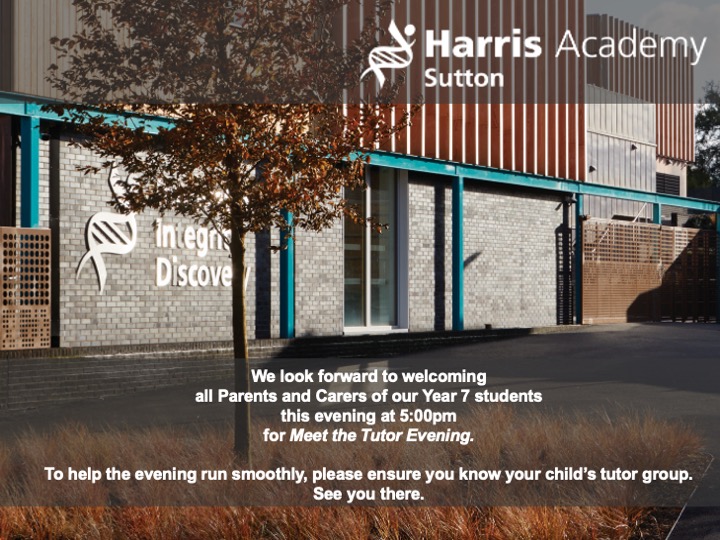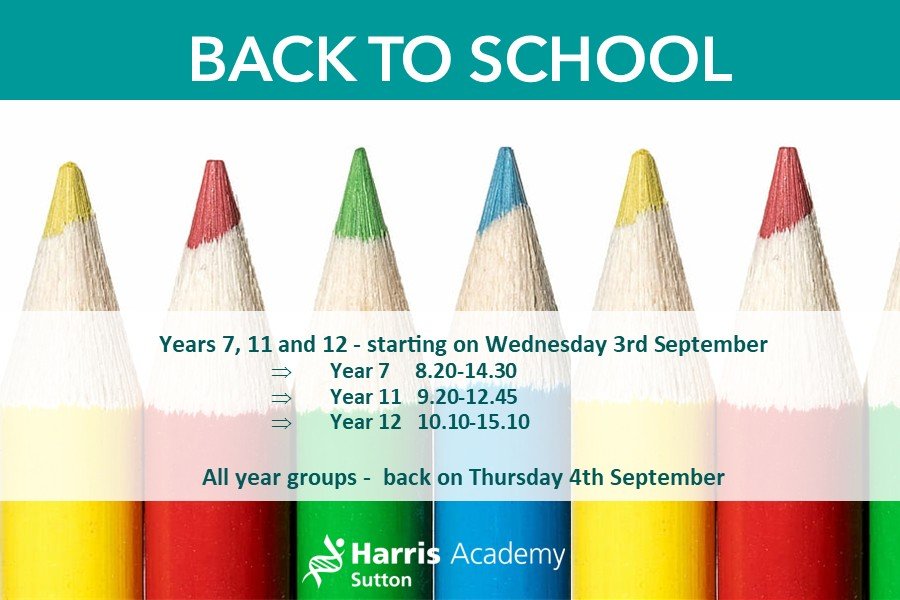History
What is History?
History at HASU is the study of people and events in the past, how they happened, why they happened and how important they were. We study cultures, societies and people that are both vastly different, and inherently similar, to ourselves, both on a local and global scale, to equip our students with knowledge and skills that they can take forward into their future lives.
Why do we teach History at HASU?
The History curriculum at HASU has been designed to ensure our students gain the knowledge and skills they need to interact with the world around them. Our aim is to ensure all students acquire a solid foundation of substantive knowledge, cultural literacy, and skills through which they can navigate a globalised society, evaluate the claims of others, and form their own substantiated judgements. We want to ensure our students study a past which is as diverse and inspiring as they are themselves and gain an understanding of the global connections that have been fundamental to society for centuries. Through the study of history, we also aim to teach our students to write analytically, build their comprehension and inference skills, retain information through retrieval practice and revision, and ultimately to synthesise what they have learned and apply it to the world around them. By the time they leave HASU, they should be able to critically analyse current affairs and world events by comparing them to past events, evaluating the significance and being able to articulate their views in an expressive way.
How do we teach History at KS3?
We aim do this by:
-
Ensuring all students have a good foundation of historical knowledge, and that emphasises British history is interwoven in diverse and global narratives that reflect their own diverse identities and the society they live in. This will enable to them to be global citizens, as well as developing their integrity, empathy, and ability to create links across different societies.
-
Teaching students to communicate like historians, providing them with key vocabulary to talk about substantive concepts but also to evaluate, think critically and express themselves in an academic way.
-
Helping students to discover the past and create their own arguments, considering the weight of historical evidence, historiography, and current events to form a substantiated judgement, and to challenge claims that have been made before them.
Through a chronological curriculum, we enable our students to build a strong sense of period, which allows them to spot trends and patterns through history. They study history through enquiry questions, each of which focuses on a second order concept, such as cause and consequence, change and continuity, significance, similarity and difference, evidence, and interpretation. This means students are gaining key knowledge, but also working like historians to analyse and evaluate key events, figures and periods from the past. Working through enquiry also ensures that students continue to ask their own questions about the past, both inside and outside the classroom.
How do we teach History at KS4?
The way History is taught at GCSE is broadly similar to that at KS3. There is still a strong focus on enquiry-based learning, and breadth of knowledge, however there is more of a focus on the specific skills required to produce written evaluations of key historical events, engagement with the work of historians and source analysis, as well as knowledge retrieval to ensure as much has been retained as possible. Thus, each lesson starts with knowledge retrieval practice, and contains sources, extracts from historians and writing practice where appropriate.
We begin the course by studying a thematic study, which provides a chronological overview of history for students to then pin subsequent knowledge to, and which allows them to frame each topic more accurately within its historical context. We also aim to challenge and extend students’ knowledge with more case studies, independent research and academic reading, which allows students to draw upon a wider range of key examples when forming judgements and comparing interpretations of historians.
What exam board do we study at GCSE?
All students studying history complete the Edexcel History (9-1) GCSE Qualification. We study the following modules as part of this:
-
Migrants in Britain, c800-present and Notting Hill, c1948-c1970
-
Early Elizabethan England, 1558-88
-
Superpower relations and the Cold War, 1941-91
-
Weimar and Nazi Germany, 1918-39
Homework
For homework at KS3, students are largely completing one of four activities: knowledge quizzes, to enable students to consolidate and identify gaps in knowledge; consolidation tasks, repeating knowledge taught in class to ensure that it is embedded; source analysis, to practice key skills of inference and evaluation; or guided research sheets called ‘meanwhile, elsewhere…’ which allow students to explore a key event or time period in history from a more global perspective. These ‘meanwhile, elsewhere…’ sheets are designed to link chronologically to topics being studied in lesson, but provide broader knowledge, often allowing students to link global communities or to compare and contrast events.
At KS4 students engage with similar activities, however, there is also more of a focus on practice and consolidation, with students completing exam questions and revision activities as part of their revision. Occasionally they will also be set short research tasks to give them more varied examples of case studies that can be used to strengthen their written answers.
Assessment
Students are assessed regularly within lessons, through our knowledge retrieval booklets, hinge questions, and other techniques used by their teachers to identify misconceptions. These are low-stakes, often self or peer reviewed, and are aimed at helping all students to improve, and for the teacher to get a quick snapshot of the learning that is taking place in that moment. This is supplemented by a written Learning Snapshot once per half term. In these written assessment, students will be assessed on their knowledge, their source skills and their ability to formulate a written argument by answering one of the enquiry questions they have worked on that half term. The feedback students receive from these is intended to help them improve and become better historians. This style of assessment is similar to the formal assessment students will sit in their Mid- and End-of-Year assessments.
At KS4, there will be less emphasis on multiple choice quizzing, as we expect our older students to apply their knowledge to their written arguments more coherently. Students will sit practice exam questions twice each half term, as well as sitting full practice exams at least twice a year, which will be standardised against students from across the Harris Federation. This will allow them to prepare for the demands of their GCSE exams, and also allow further opportunities for feedback and improvement.
























